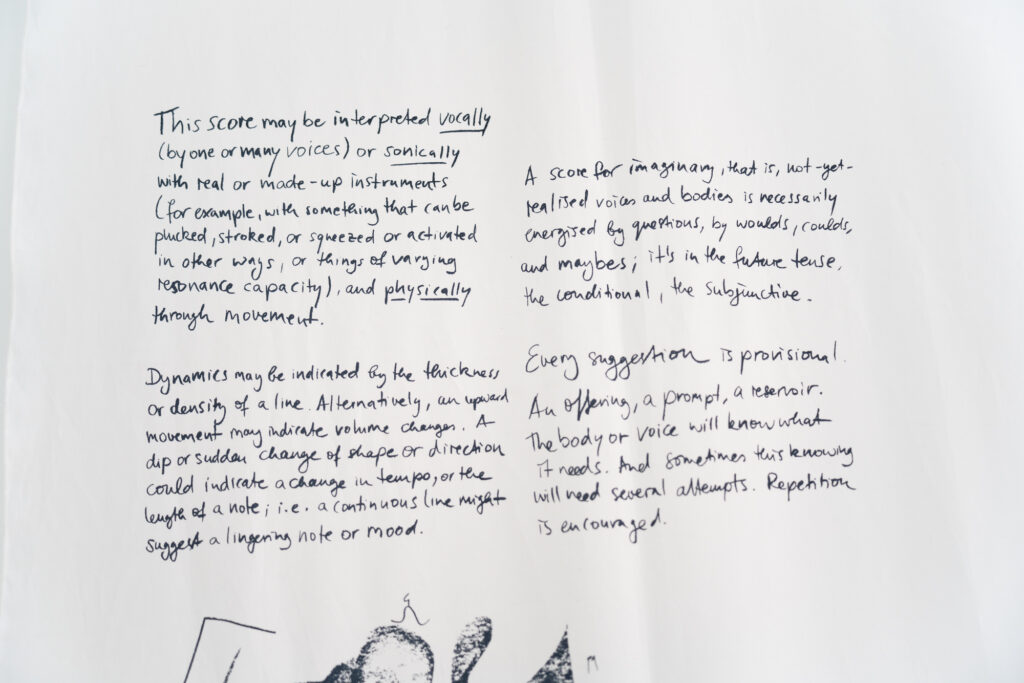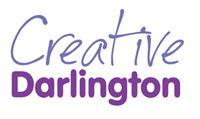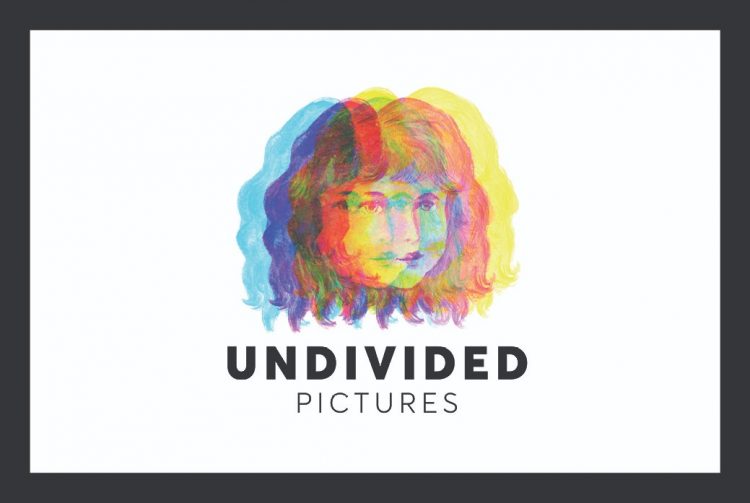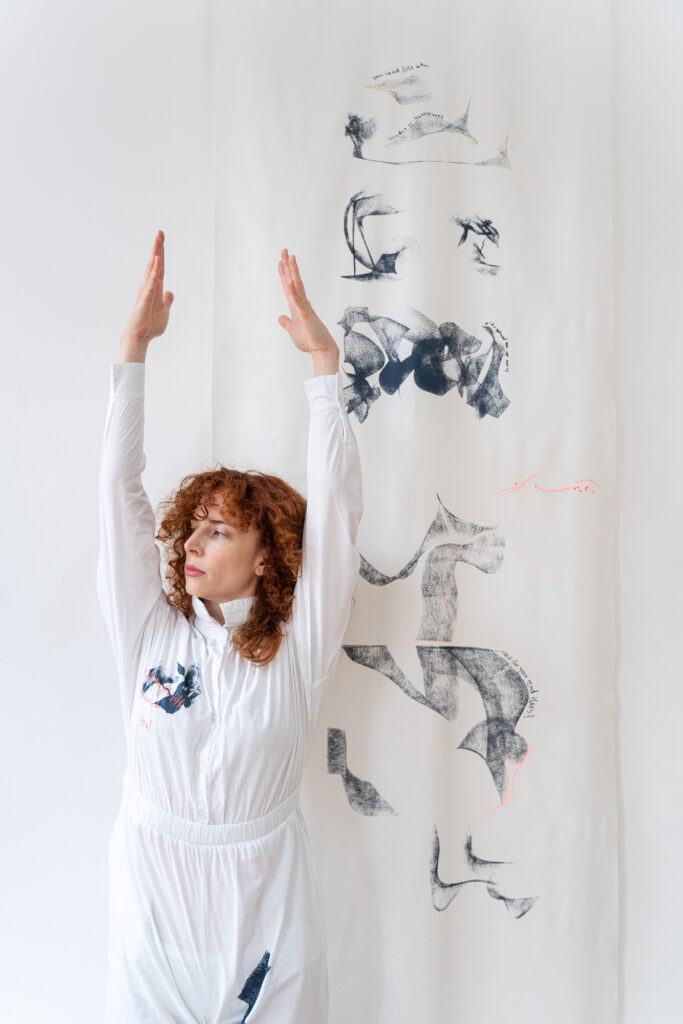
Creative Darlington supported a pilot programme of engagement and research undertaken by Sophie Seita in 2023/24 which informed their solo exhibition and and and also, a series of textile pieces that depict experimental graphic scores for imaginary queer voices and bodies, accompanied by two sound pieces, shared in Darlington Library Art Gallery in August 2024, coinciding in part with Darlington Pride Weekender 2024.
In Seita’s textile installation, the scores captured so-called Klangfiguren, German for ‘sonic bodies’ or ‘figures of sound’, which is both a musical term and a literary stylistic device, which brings the senses of hearing and seeing closely together. These Klangfiguren are conceptual sounds or allegorical bodies. An allegory is a form of ‘veiled language’, an image or story that captures new concepts but never explicitly. An allegory can also be a material object and visual representation that makes an idea or feeling visible and tangible. Seita’s drawn and printed allegorical sound bodies, then, represent a queerness we do not yet know. In the origin of the word allegory also lies a suggestion for how it may be used. It’s a Latin word that originates in the Greek and combines allos ‘other’ or ‘different’ and agoreuo ‘to speak in assembly’. In performance, these scores find their other-speaking in a new assembly, in a different (queer) community.
Scores, for the artist, allow reflection on artistic process, on bodies, and (il)legibility. Listening, sound, movement, and performance in this project are not limited to normative understandings of how we can or should use our bodies. The scores can be interpreted by different bodies, different voices, and don’t assume a primary language, form of expression, or range of ability. The work is informed by a drawing and sound workshop with queer young people hosted by Curious Arts (Newcastle), and the artist wishes to thank the young people for their curiosity and open-mindedness. It is also informed by The Lichtenberger® Method in Applied Vocal Physiology, the singing method the artist learned in Germany several years ago, and the work includes prompts inspired by the method’s playful and poetic somatic pedagogy.
The textile works in the exhibition were accompanied by the artist’s own creative audio descriptions as well as a short performative artist statement as a sound piece that imagines and translates what these scores could sound like and what kind of queer relations or desires they intimately perform.
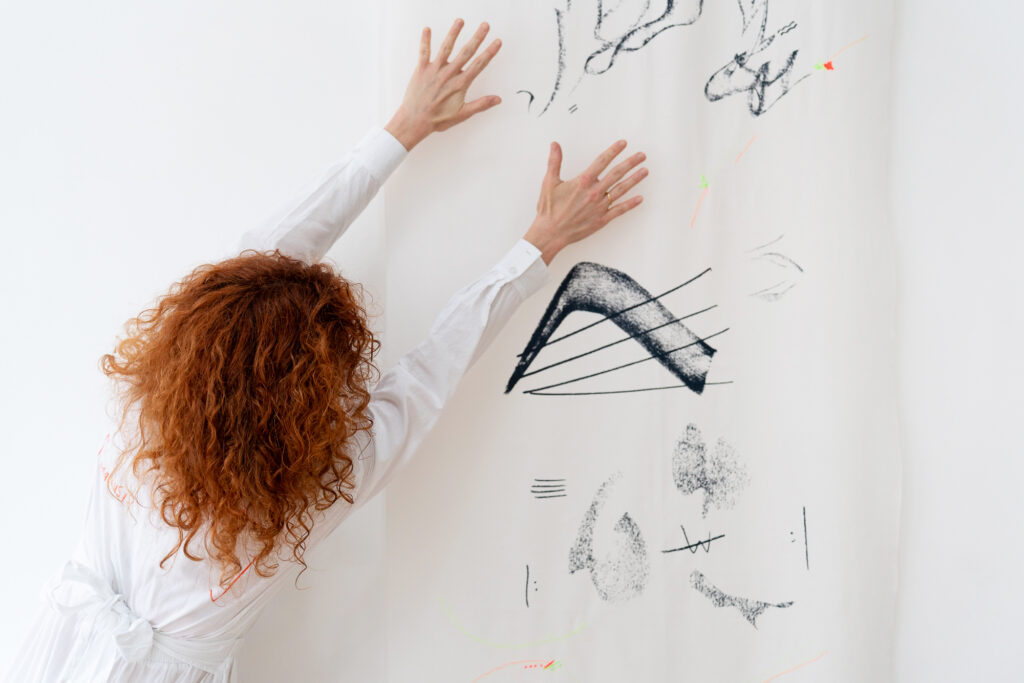
Sophie Seita is a London-based artist and researcher whose work swims in the muddy waters of language, and explores materiality, gesture, and the speculative potential of the archive. She regularly performs and exhibits work across multiple media, publishes books, makes textiles and graphic scores, leads workshops around voice-work, experimental writing, and queer performance, and teaches in the Art Department at Goldsmiths. Often working collaboratively, she’s expanding and deepening her ongoing socially engaged and conceptual project with the musician and conductor Naomi Woo, to give voice to untold queer archives, alongside other international artists, academics, activists, gardeners, designers, and writers, as part of The Hildegard von Bingen Society for Gardening Companions. Their recent activities involved a queer performance ritual in Xochimilco, Mexico City, a workshop in the art research garden at Goldsmiths’s Centre for Art & Ecology, and an irregular zine, called The Minutes. Seita’s latest book, Lessons of Decal (87Press, 2023), is a queer meditation on reading and listening; the things and experiences that leave an imprint on us in unpredictable, messy, and desirous ways. She has also undertaken a residency at Akademie der Künste (Academy of Arts) in Berlin.
